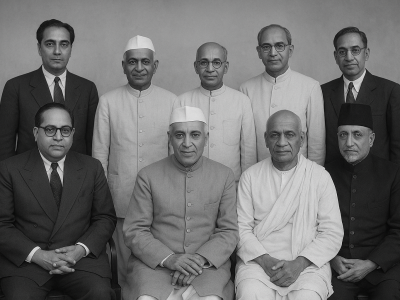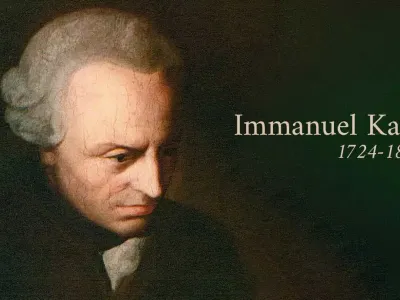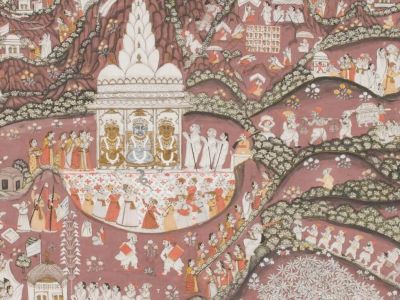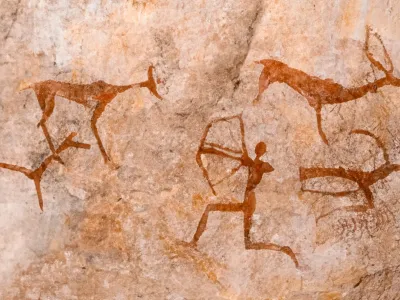Vijaya Lakshmi Pandit: Pioneer and Architect of India’s Global Voice and Wisdom
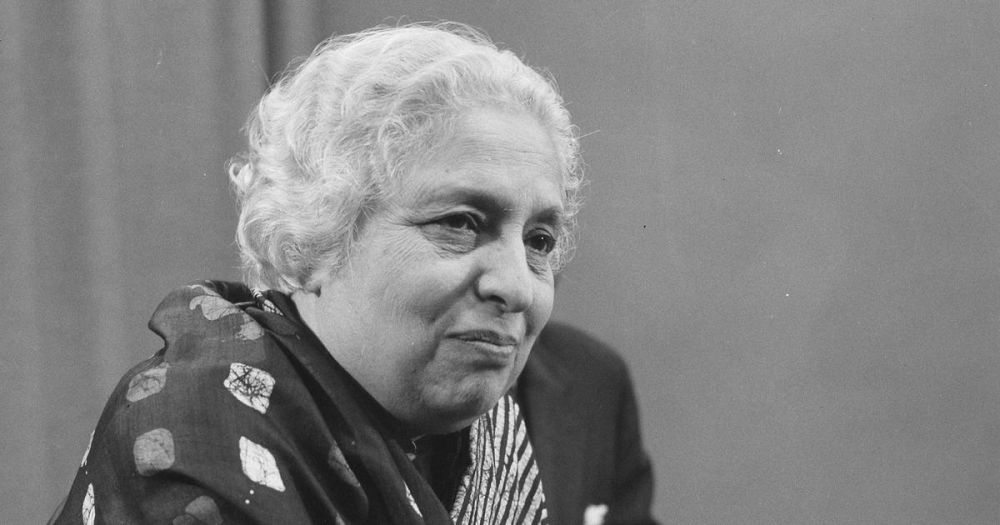
Vijaya Lakshmi Pandit was more than a politician or diplomat; she was a pioneer who helped shape modern India and placed its voice firmly on the global stage. Born into the influential Nehru family, she could have lived in the shadow of her famous relatives. Instead, she forged her own path, becoming a leader in the independence movement, a trailblazer in diplomacy, and an inspiration to women around the world.
Early Life and Political Awakening
Vijaya Lakshmi Pandit (née Swarup Nehru) was born on August 18, 1900, in Allahabad, into a family that was central to India’s political awakening. Her father, Motilal Nehru, was a prominent lawyer and an early leader of the Indian National Congress. Her elder brother, Jawaharlal Nehru, would go on to become independent India’s first prime minister.
Raised in a politically charged environment, she absorbed discussions about nationalism, justice, and India’s place in the world from an early age. In 1921 she married Ranjit Sitaram Pandit, a barrister and classical scholar who later translated Kalhana’s Rajatarangini. His death in 1944 left her a widow, but also deepened her resolve to fight for women’s rights, particularly in matters of inheritance, where widows often faced discrimination.
In the Struggle for Independence
Like many in her family, Pandit threw herself into India’s fight for freedom. She joined the Indian National Congress and became active in the civil disobedience campaigns of the 1930s and 1940s. For her activism she was arrested several times: first between 1931–33, again in 1940, and then during the Quit India Movement in 1942. These imprisonments did not weaken her spirit but strengthened her reputation as a determined nationalist.
Her leadership abilities soon found recognition in governance. In 1937, when provincial elections were held under the Government of India Act of 1935, Pandit became the first Indian woman to hold a cabinet position, serving as Minister for Local Self-Government and Public Health in the United Provinces (now Uttar Pradesh). This was a remarkable breakthrough in an era when women in politics were still an exception rather than the norm.
Diplomatic Trailblazer
When India won independence in 1947, Pandit transitioned into diplomacy, another sphere where few women had ventured. Her assignments were among the most significant in the country’s early foreign policy.
-
Ambassador to the Soviet Union (1947–49): At a time when the Cold War was beginning to polarize the world, she represented newly independent India in Moscow, navigating the complexities of Soviet relations.
-
Ambassador to the United States and Mexico (1949–51): She played a crucial role in articulating India’s non-aligned stance while strengthening ties with Washington.
-
High Commissioner to the United Kingdom (1954–61): Representing India in London, she maintained critical connections with the former colonial power while reinforcing India’s independent identity.
Her presence as a woman diplomat in the late 1940s and 1950s was unprecedented. She often spoke with a blend of confidence and elegance that challenged the assumption that diplomacy was the preserve of men.
At the United Nations: Making History
Perhaps the pinnacle of Pandit’s career came in 1953, when she was elected President of the United Nations General Assembly for its 8th session. She was the first woman to hold the post, and to this day remains the only Indian ever to have presided over the Assembly.
Her election was celebrated worldwide, not only as a triumph for India but also for women globally. In her acceptance speech she emphasized the UN’s responsibility to support newly decolonized nations, to advance peace, and to encourage cooperation in an increasingly divided Cold War world.
During her presidency, she used her platform to highlight issues of racial equality, anti-colonial struggles, and the importance of women in leadership. She was also briefly considered a candidate for the position of UN Secretary-General, though her candidacy was ultimately blocked in the Security Council.
Return to Indian Politics
After her international assignments, Pandit returned to Indian politics. She was appointed the Governor of Maharashtra (1962–64), becoming the first woman to serve as governor of a major Indian state. She later entered Parliament, representing the Phulpur constituency once held by her brother Jawaharlal Nehru, from 1964 to 1969.
Her independence of thought remained intact throughout her political life. In the 1970s, she became a critic of her niece, Prime Minister Indira Gandhi, especially during the Emergency (1975–77). Pandit sided with opposition leaders who fought for the restoration of democratic freedoms, underscoring her lifelong commitment to civil liberties.
In 1979 she accepted India’s nomination to the United Nations Human Rights Commission, once again bringing her diplomatic experience to the service of international justice.
Champion of Individual and Women’s Rights
Beyond her official roles, Pandit consistently advocated for women’s political and social empowerment. She broke barriers simply by leading in spaces that were closed to women, but she also spoke and wrote forcefully about the need for women to participate fully in public life.
Her experiences as a widow under discriminatory property laws made her a passionate advocate for reform. She also emphasized education for women as a path to equality. Through speeches, writings, and example, she inspired generations of Indian women to see themselves as leaders.
Writings and Reflections
In her memoir, The Scope of Happiness (1979), Pandit offered a candid look into her personal and political journey. The book is both a deeply personal account of life in the Nehru household and a valuable record of global diplomacy during a formative period in world history.
Her correspondence with leaders such as Eleanor Roosevelt and her role in building Indo-US ties during the late 1940s reflected her ability to connect across cultural and political boundaries. Roosevelt once described her as “a woman of immense courage, conviction, and charm,” capturing the essence of her presence on the world stage.
Final Years and Legacy
Vijaya Lakshmi Pandit retired from active politics in the late 1970s but remained an influential public voice through her writing, lectures, and participation in civic life. She passed away on December 1, 1990, at the age of 90.
Her death was widely covered in international media. Tributes recalled her as a woman who embodied India’s emergence onto the global stage. Newspapers emphasized her historic role at the United Nations, her ambassadorial posts, and her courage in standing up for democratic freedoms at home.
Today, Pandit is remembered as a pioneer who expanded the horizons of what women could achieve in public life. She left behind not only a legacy of diplomatic and political milestones but also an enduring message: that leadership is not confined by gender, and that voices of integrity can influence nations.
Conclusion
Vijaya Lakshmi Pandit’s life was a remarkable journey across the defining struggles of the 20th century. From the prison cells of colonial India to the podium of the United Nations General Assembly, she embodied resilience, intelligence, and grace. She was at once a nationalist, an internationalist, and a feminist trailblazer.
For India, she helped secure a respected place in the global order. For women, she opened doors long considered closed. For the world, she represented a moral voice in turbulent times. More than three decades after her passing, her story continues to inspire — reminding us that true leadership is defined not by titles but by courage and conviction.
References & News Coverage
-
Los Angeles Times obituary: “Vijaya Lakshmi Pandit Dies; Indian Diplomat, Politician” (Dec 2, 1990).
-
UN Media Library: Archival photographs and records of her 1953 election as UNGA President.
-
The New York Times (Sept 1953): Coverage of her election as first woman president of the UN General Assembly.
-
Britannica: Biography of Vijaya Lakshmi Pandit.
-
The Scope of Happiness: A Personal Memoir (1979).
-
Carnegie Endowment for International Peace: Event on her biography (2024).

